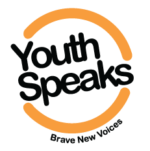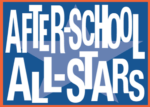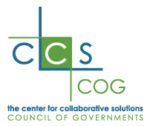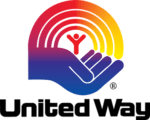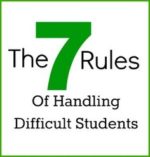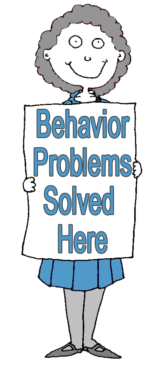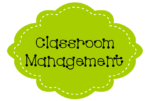Reaching 200,000 youth per year, Youth Speaks is a national organization focused on empowering youth by helping them to find their voice through spoken word and poetry. YS organizes an annual poetry slam, offers workshops, under 21 open mics, offers development opportunities for poet-mentors and teachers.
After-School All-Stars provides programming enhancement to after school programs that already exist or help to create after school programs.
CCS specializes in Labor-Management Services and Afterschool Services. CCS has designed and implemented a Healthy Behaviors Initiative to assist in building exemplary practices in nutrition and physical fitness for out-of-school time programs.
The Child Care Bureau, Office of Family Assistance, supports low-income working families with information on financial assistance and promotes children’s learning by improving the quality of education and afterschool programs.
Wellesley centers for women program to help ensure that all kids have access to out-of-school time programs. NIOST is an action-research institute that provides a national perspective on issues the out-of-school time field is facing.
A PDF file that includes helpful strategies around the barriers of creating a good after school program.
This foundation creates a template on how to create a quality after school program and what it will cost. There are also grant opportunities and many resources on the website.
This program is dedicated to getting students to finish high school and cut the drop out rate in half by 2018, in order to do so they have many resources about out of school time to strengthen in school time.
Seven easy ways to handle difficult behavior.
Expert advice on what to do when students are acting up.
Offers a variety of positive strategies for promoting appropriate classroom behavior, including podcasts and lesson plans.
Free printable behavior charts for rewards and classroom rules along with suggestions for promoting good behavior in the classroom.
Tactics for behavioral intervention including motivation and reward techniques, as well as information on special needs children, bullying, and challenging students.
Judith Osgood Smith (1995) addresses behavior management of students with learning disabilities who do not necessarily act out, but lacks certain skill sets to interact socially.
Twelve helpful “don’ts” in classroom behavior management.
An article about how to collaborate in the classroom to create a safe social environment for children with mild disabilities.
This article promotes positive behavior strategies that have proven to work over the years in lieu of traditional discipline.
A reference guide for handling over 117 behavior issues that can occur at school and/or home. Access to resources is free with registration.
A straightforward article about five typical cases and how to modify their behavior.
